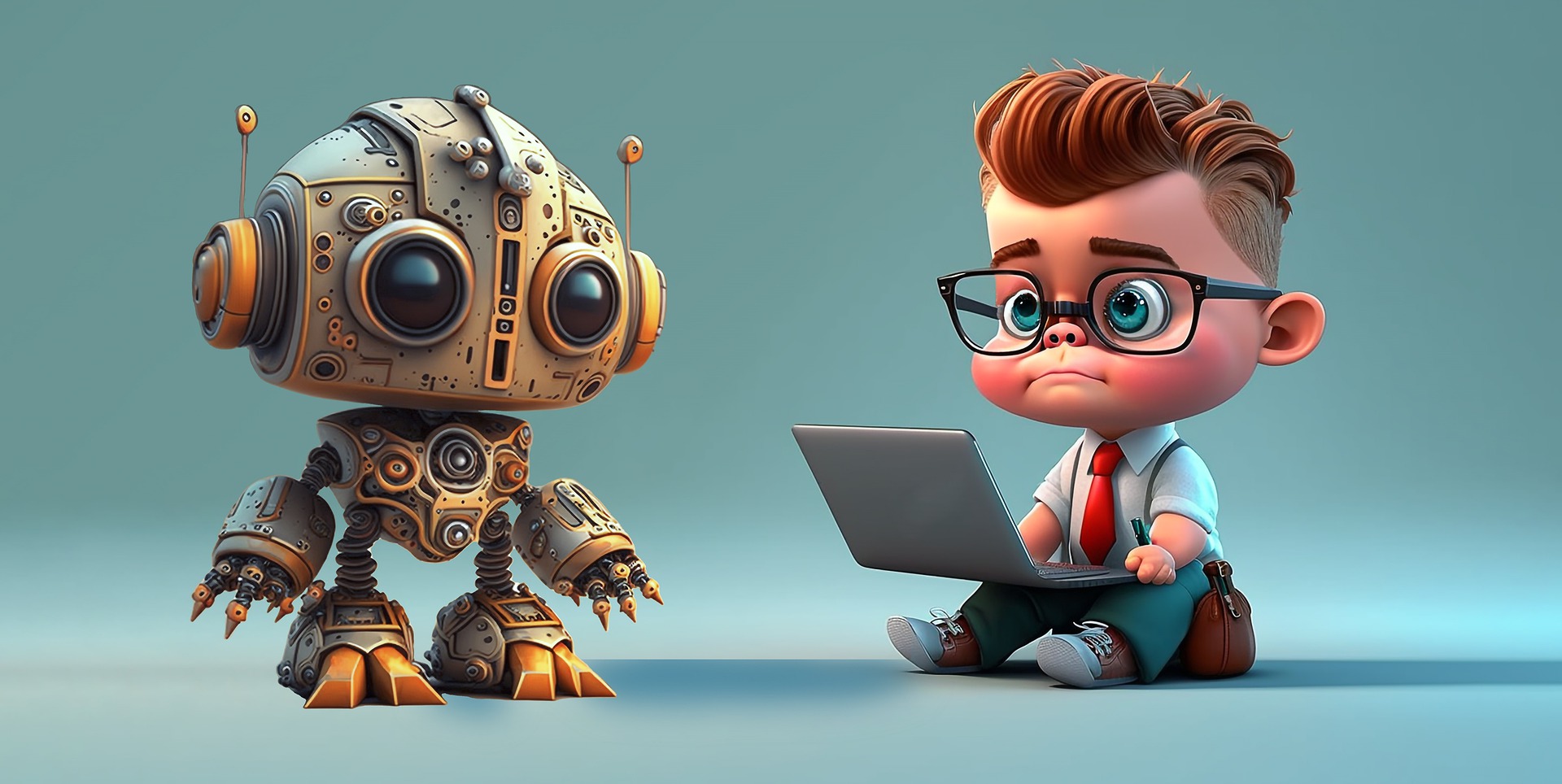The company, which has not yet been named, is a major player in the customer service industry. It currently employs thousands of workers who handle inquiries, complaints, and other interactions with customers. According to a press release issued by the company, the decision to adopt an AI-powered system was made after extensive research and analysis.
“The customer service industry is rapidly evolving, and we believe that adopting an AI-powered system is the best way to stay ahead of the curve,” said the company’s CEO in a statement. “We are confident that this move will not only improve our efficiency and productivity but also enhance the overall customer experience.”
The system that the company plans to adopt is based on OpenAI’s ChatGPT, a language model that uses machine learning to generate human-like responses to text-based prompts. ChatGPT is one of the most advanced AI systems currently available, and has been used for a variety of applications, from language translation to writing news articles.
While the company’s decision may seem like a logical next step in the automation of customer service, it has raised concerns about the impact on workers. Critics argue that the move will result in significant job losses and could exacerbate existing inequalities in the workforce.
“There is no doubt that AI has the potential to transform industries and improve efficiency, but we need to be mindful of the impact on workers,” said a spokesperson for a workers’ advocacy group. “Replacing human workers with machines is not a silver bullet for improving productivity, and we need to ensure that workers are not left behind in this process.”
Others, however, argue that the adoption of AI-powered systems could actually benefit workers by freeing them from repetitive and low-skilled tasks, allowing them to focus on more complex and rewarding work.
“The rise of AI does not necessarily mean the end of work, but rather a shift in the nature of work,” said an AI researcher. “By automating routine tasks, we can create new opportunities for workers to develop new skills and take on more fulfilling roles.”
Regardless of the potential benefits, the company’s decision to adopt an AI-powered system raises broader questions about the future of work and the role of AI in society. As more companies explore the use of advanced AI systems, it is crucial that policymakers and industry leaders work together to ensure that the benefits of these technologies are shared equitably and that workers are not left behind.




